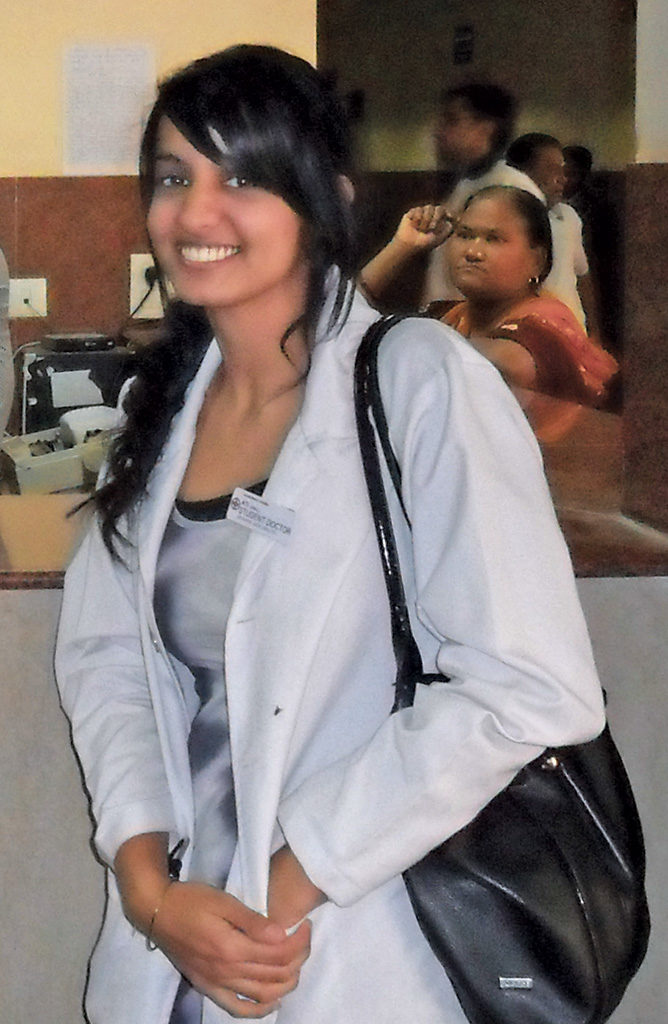I’m setting up a charity, Remedi, with a couple of friends. It all started when I went on elective to India as a fifth-year medical student. I was born in India, and came to Australia when I was nine, so I thought I knew what to expect, but what I found was profoundly shocking. It wasn’t as if I went to a remote village. I was working with a general physician at a state primary care hospital in Ludhiana, a big industrial city in Punjab. He saw 120 patients in his clinic every day. The very first day I saw a woman, incredibly sick with post-partum sepsis. The stench was nauseating. I don’t know whether she hadn’t showered after her delivery or whether it was the smell of the infection itself. I felt so faint, I had to go and lie down. People were presenting at the hospital with chronic liver disease, end-stage metastatic cancer and disseminated tuberculosis. There was just nowhere to put them. They were discharged with a very basic medical plan. There were no medications supplied at the hospital. People had to buy them and pay for their own investigations. Usually they just didn’t have the money for any treatment. I had done some fundraising before I came. I had a feeling it would be needed. The $1000 I brought with me was gone in a couple of days as I used it on a case-by-case basis, paying for people’s medicines and tests. Now we are setting up Remedi to raise money to support the dialysis unit at the hospital. They have two machines serving 600 patients. Diabetes is a huge problem in India and many patients are in end-stage renal failure. We want to pay for people to have fistulas — something they can’t afford.
.
Dr Ati Jhajj
Bangor, NSW
Clare Pain

